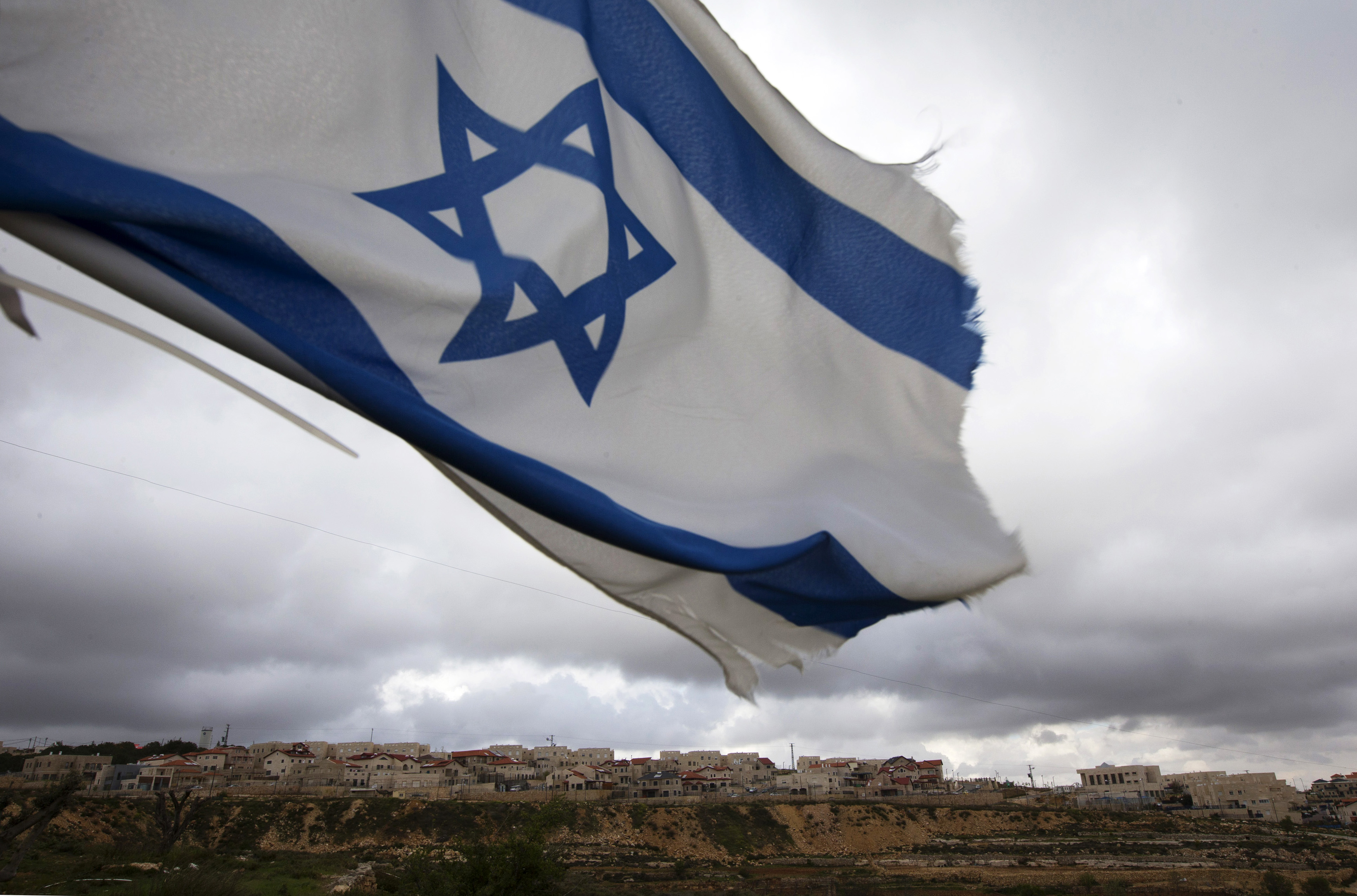 Photo by Reuters
Photo by Reuters In recent years, the Israeli public has again been forced to confront the issue of the price a country should pay to bring home its captive soldiers, including those who have been declared dead. The debate has become particularly heated because of the claims made by the families of Hadar Goldin and Oron Shaul, of blessed memory, that the state is not doing enough to recover the bodies of their sons, killed during Operation Protective Edge (launched July 8, 2014), and bring them home for burial.
The questions raised by this issue are many and complex. All of them press on the soft underbelly of Israeli society, whose attitude towards its soldiers, including the price it is willing to pay to bring them home, dead or alive, is nothing short of astonishing. Yet precisely on this account, and precisely because the heart tears whenever we hear a father plead for a grave at which he can mourn his son, or we witness a young man cry out to bring back his twin brother, it is important to address the question from a dispassionate perspective.
One of the claims frequently advanced as part of the discussion on the country’s obligation to citizens who have been taken prisoner is phrased as a question: “And what if it were your son?” The appeal to parental feelings is manifested in campaigns that feature slogans such as “Gilad Shalit—Everyone’s Child.” But it finds its way into the public discourse almost every time one of our soldiers’ fate dangles by a thread, as well as in theoretical debates, such as the obligation to endanger soldiers’ lives to avoid harming enemy civilians. In that instance, too, we frequently encounter the question, “And what if it were your son? Would you be willing to put him in danger?”
We might dismiss the question as cheap populism. But it is preferable to hold a candid discussion of this assertion of national parenthood and point out the danger inherent in society’s collective adoption of every man and woman in uniform.
First, we need to repeat what goes without saying: were all of us the parents of POWs, we would all be paralyzed when it came to making decisions about negotiations for their release. Likewise, were we all the parents of a soldier facing a court-martial, we would be paralyzed and left unable to issue a verdict in the case. Magistrates do not sit in judgment on their own children, and spouses may not be called on to testify against their partner. The absence of preferential treatment is one of the most important aspects required in such situations.
As such, decision makers must address the complex issues on their agenda based on their responsibility for the wellbeing of the collective—not as the parents of children who have grown up to be soldiers. Mothers and fathers will free as many terrorists as required for the chance to embrace their children again. The question of the possible repercussions of setting them free may penetrate their thoughts, but they will stifle them and continue to see only their children’s welfare in front of them. That is human nature, that is how parents behave—and perhaps how they should behave.
But do we want that to be the perspective of our decision makers? Do we want the considerations that guide them to be the same as those that guide parents, whose sole concern is the welfare of their children? Do we really want a judge to rule on a case as if it were his own son sitting on trial?
Let’s be frank: soldiers have a duty to defend civilians, not the other way around. Even if tens of thousands of civilians turn out for a demonstration in favor of having soldiers returned home, no matter the price, it does not mean that the decision makers should opt for a deal that would threaten those very same civilians. Social solidarity and sympathy for the families are worthy sentiments; the nation’s love for its soldiers is not illegitimate and is in fact quite moving. But we must not allow ourselves to be confused. Even when the tragedy is immense, the ways to resolve it must be considered in an intelligent and responsible manner and must not be motivated by parental emotion that is blind to anything that stands in its way.
So, the answer to the question “What would you say if it were your son?” may be unpleasant, but must be stated clearly all the same: Were it my son, it would be better for people not to ask me what the country should do to bring him home.
Dr. Idit Shafran Gittleman is a researcher in the Israel Democracy Institute’s Center for Security and Democracy.






















 More news and opinions than at a Shabbat dinner, right in your inbox.
More news and opinions than at a Shabbat dinner, right in your inbox.